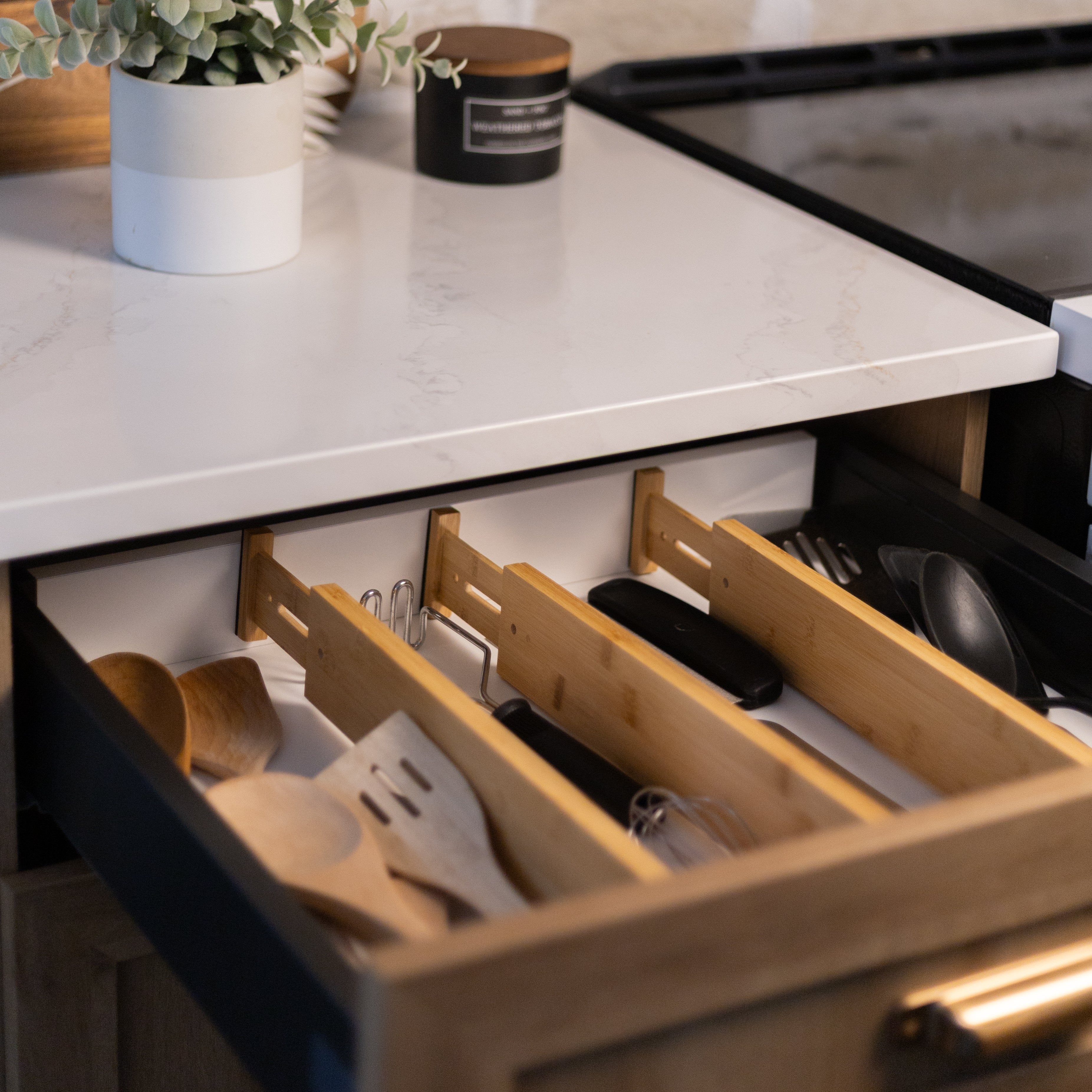You know that moment when you realize at 9pm on a Sunday night that you forgot to buy the gift for next Saturday's birthday party? Or when your child arrives at daycare without his favorite doggie... and it was just the day he needed it for naptime. That's what mental workload is all about. It's not just being busy - it's thinking about everything, all the time, for everyone. And escaping from it along the way, because we're all human. The most common mistake when talking about mental workload is to confuse the performance of the task with the mental workload of the task. If it's the man who takes out the rubbish but the woman has to remind him, the mental load remains on the woman's shoulders. Fortunately, there are solutions and ways of approaching the whole thing with your partner to better share the load.
Why are women more affected by mental workload?
Often, it all starts with maternity leave. Since most women have a longer period of leave, they become the resource person, the default family manager. This role insidiously takes hold... and then becomes the norm.
Children observe it, and in their identity development, they reproduce what they see: little girls imitate their mothers, boys dissociate themselves from them. As a result, women develop an acquired predisposition to “take care”.
In philosophy, we speak of care - this ethic of concern for others, often associated with women. And among the various forms of care, we can see that men and women demonstrate different ways of taking care. For women, it often means thinking about everyone, all the time, which quickly becomes a burden.
The mental burden: an invisible bag... but so heavy
Being a woman means running a daily marathon without ever having received the itinerary. We think about medical appointments, renewing winter boots that won't fit next week, the week's menu, keeping track of bills, booking day camp before it's too late...
It's all invisible. It doesn't look like it. But in your head, it takes up an enormous amount of space. It's like an iceberg: the visible part is the 10% that sticks out of the water. But the other 90%? That's the mental load. And they can sink the ship if left unchecked. So it's normal and legitimate to be frustrated by an unequal distribution. You're not alone in feeling overwhelmed.
"You should devote yourself to your family.
Of course, we no longer hear speeches like “A woman is meant to stay at home”, but sometimes the messages are insidious and mean the same thing. One of the frustrations I experienced was when I was General Manager and I was talking about mental workload. People around me would say, "Ah, you've taken on a big job for a mother of young children! You sure have a lot of mental workload! Maybe a lower position with more time off would be better?"
Of course, I recognize that the whole thing was well-intentioned, but every time I did it, a little voice inside me kept saying, "What about your husband? He's a manager too, so why do you have to put the brakes on your career?"
Sociologically, even if things have evolved, this message is still spread, and that's a real shame, because the mental burden should never be borne solely by the woman. The mental load belongs to everyone, and it's vital that it's divided evenly.
How do you talk about it with your partner?
Above all, choose a calm moment, when emotions are not running high. Talk in terms of needs, not blame. For example: "I feel like my head is overflowing with things to think about. I'd like you to share the load with me, because right now, I feel my head is too full."
It may also be relevant to open up the discussion to see which tasks everyone feels most comfortable with and most at ease carrying the mental load. For example, if you love gardening and it seems more like a hobby to you, take it on! If your partner loves buying gifts and it may even be his or her love language, we'll leave it to him or her! By talking things over, since we're all different, it's easier to find common ground for various tasks and even, sometimes, to completely overhaul the initial division that has naturally set in, but which may not be the best in terms of preferences and strengths.
Another tip? Talk about it in a group, when other couples are present. It doesn't take long for men to realize that this is a real issue, and that many of the women around them are going through the same thing. Empathy is built through collective listening.
And above all, clearly divide up the tasks and the mental load that comes with them. You're delegating lunches? Then the other person has to think about it, prepare it, check if any snacks are missing... and you have to resist the urge to help them think about it.
Yes, even when you KNOW they're out of yogurt and your significant other is at the grocery store and hasn't noticed... Because otherwise, you're still carrying the load, even halfway.
Letting go is the hardest part - but it's essential.
Hard to delegate? Not necessarily...
Women often say that it's difficult to delegate, or that they'd like their partner to take more initiative. Does this resonate with you?
The first step to effective delegation is to ask yourself, “What don't I like to do?” You don't have to do everything yourself to be a “good” mom, ‘good’ spouse or “good” person. If folding laundry or planning meals mentally exhausts you, these may be the first tasks to delegate.
Next, it's helpful to decide what's really important to you. Is it that the house is perfectly tidy, or that you have more time to play with your children? Is cooking at home every evening a priority for you, or is it eating at the table, without a screen? What are your deepest values in relation to parenthood?
Finally, ask yourself this question: Are the tasks I take on aligned with my values? The mental load becomes heavier when it's out of sync with what makes sense to us. Delegating is also an act of coherence, self-love and clarity.
What could you let go of today?
Text by Sarah Boily-Brodeur

I'm Sarah Boily-Brodeur, founder of Crème, mother, passionate about family-work balance and mental health expert.
With a background in philosophy, psychology and intervention, as well as solid experience as a mental health manager, I founded Crème to help women juggling a thousand responsibilities.
Whether it's for consultations, creating your menus, grocery shopping, managing appointments, organizing the family calendar, following up with professionals or dealing with the little hassles of everyday life - you can delegate it all to me. With Crème, I take care of your mental load so you don't have to carry it all alone. My role? To free you from the weight of endless lists, so you can finally breathe, enjoy and focus on what's essential. I believe that delegating is not a luxury, but an essential strategy for living better. Together, let's restore meaning to your days and transform your obligations into serenity.
Instagram: https://www.instagram.com/agencecreme




Leave a Comment